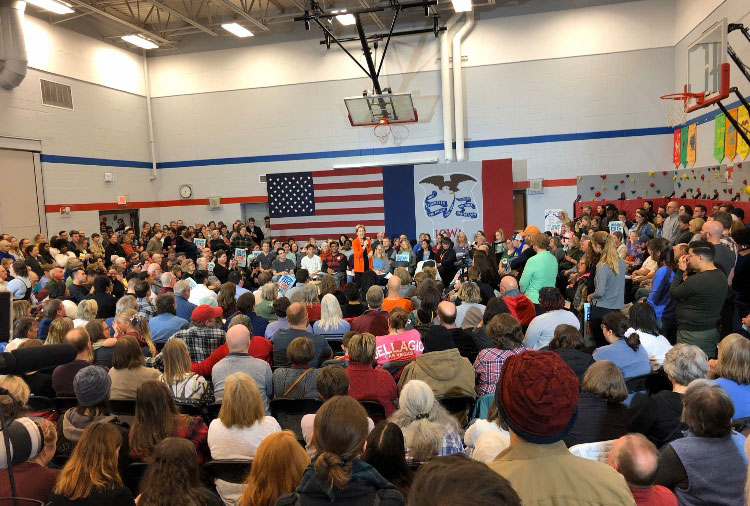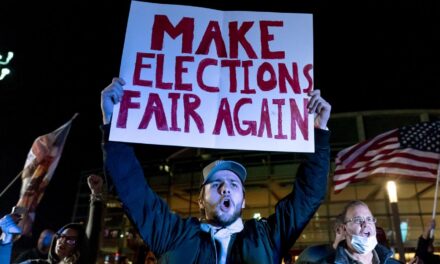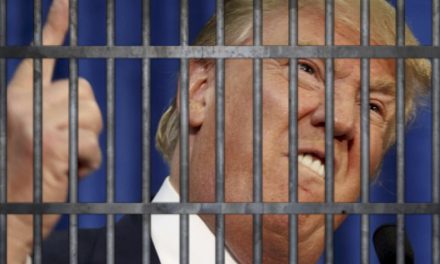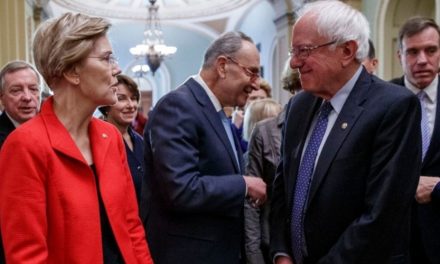Before I went to bed on Monday night, I wrote that we got the perfect result out of Iowa. My take may not surprise you given what I wrote about the Iowa caucuses on Monday morning. In short, I believe that no one deserves to be rewarded or punished for winning in Iowa because the delegates are non-binding, there are very few at stake, and the unique rules almost assure that they will be split almost evenly between the top three or four or even five candidates. It’s simply not a significant contest on the merits, and yet the media stands ready every four years to throw thunderbolts at anyone who “underperforms” and suggest that they drop out of the race. Meanwhile, the winner, who may have the support of as little as one-fourth of the caucus-goers, is treated as a conquering Roman general.
None of this happened on Monday night because the Democrats couldn’t figure out how to collect and tabulate the results. It was delicious to watch the cable news pundits get all twitchy as they realized that they were not going to get to spend hours trashing someone and describing all the missteps they made along the way that assured their doom. They couldn’t even freak out about the winner and wring their hands about whether they are too far left or too unexciting or incapable of standing toe-to-toe on the stage with Trump.
While I feel badly for the candidates and their organizers who played by the stupid rules and got shortchanged by the Iowa Democratic Party’s incompetence, it’s absolutely fantastic that Iowa had their vote and it won’t have some outsized our ill-deserved influence of who becomes the eventual nominee. It looks like Nate Silver feels the exact same way.
There is some room for ambivalence in that it's stupid that Iowa is afforded so much importance in the first place, even though the candidates who did well there probably did get screwed by the results-reporting disaster tonight.
— Nate Silver (@NateSilver538) February 4, 2020
Another bonus of last night’s results is that they virtually assure that Iowa will lose it’s first-in-the-nation privilege. There are elements of the tradition that are charming, but there is no justification for giving one state this role in every cycle for perpetuity. Maybe fifty cycles (or 200 years) from now, when all the other states have had a chance to go first, then Iowa can get the same boon they’ve been enjoying since 1976.
Now we move to New Hampshire, where people actually cast secret ballots. Maybe we can have a new debate about why New Hampshire and many other states allow non-Democrats to vote in the Democratic primary? Why should the public at large get to tell a political party who its leaders should be? In Pennsylvania, independents cannot vote in the primaries. Maybe that’s a good thing? Maybe it makes it harder to pick an appealing candidate for the general election?
With luck, New Hampshire will be able to count the ballots on election night, but I’m perfectly content that Iowa could not.







